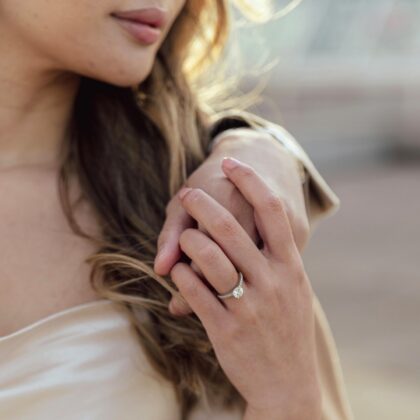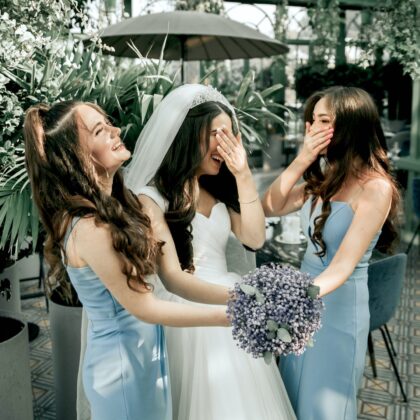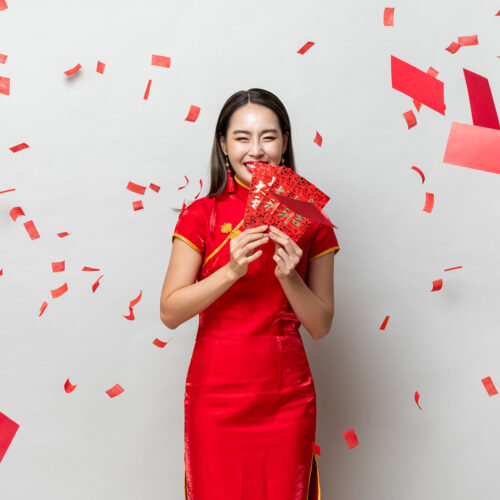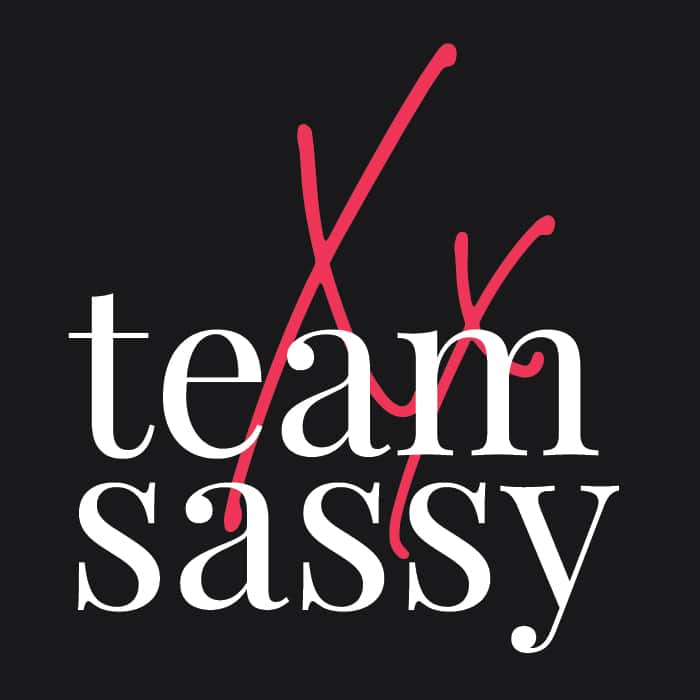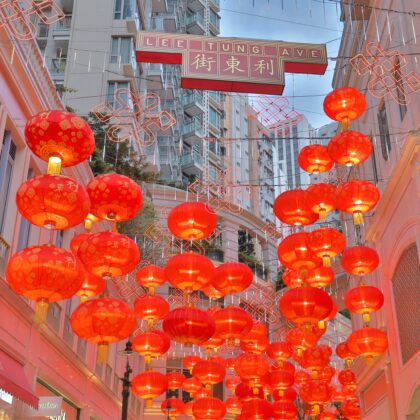Enter the new lunar year with your best foot forward! Our guide to 2025 Chinese New Year traditions and taboos will help you maximise your good luck and ward off the bad.
It’s almost a brand new lunar year – kung hei fat choi! Arguably the festival with the most cultural significance in Hong Kong, Chinese New Year celebrates the start of the Chinese lunisolar calendar year, marking the end of a cold, dark winter and welcoming spring. Enter the Year of the Snake with your best foot forward, and if you play your cards right, this just might be your most prosperous year yet! From when to book your next haircut to how to properly hang your decorations, here are all the Chinese New Year traditions and taboos you need to know.
Read More: What To Do In Hong Kong Over Chinese New Year
When Is Chinese New Year 2025?
Following the lunar calendar, Chinese New Year usually takes place in either January or February. In 2025, the first day of the lunisolar calendar will fall on Wednesday, 29 January and will welcome the Year of the Snake.
Traditionally, this festival used to take place over fifteen days but, in the modern working world, only three days are given in Hong Kong as public holidays. However, many festivities and traditions still carry on past this three-day holiday.
Read More: Hong Kong Public Holidays 2025: Plan Ahead To Maximise Annual Leave
Common Chinese New Year Greetings: Kung Hei Fat Choi, Sun Tai Kin Hong & More
The Lunar New Year doesn’t officially begin until the second week of February but you’ll probably start to hear people greet each other with “kung hei fat choi” (wishing you a prosperous year) much earlier in the month. If someone says this to you, it’s good form to return the greeting, or you can respond by saying “sun tai kin hong” meaning “I wish you good health”. Married people are traditionally obliged to give lai see to anyone younger and single when greeted. If you really want to impress this year (and try and score a few extra lai see), you can mix it up and try these other common Chinese New Year blessings:
- 新年快樂 “sun nin fai lok” — happy new year
- 心想事成 “sum seung si sing” — may all your wishes come true
- 大吉大利 “dai gut dai lei” — good luck and may your year go smoothly
Read More: Lai See Do’s And Don’ts – The Etiquette Of Giving Red Packets

Pay Your Dues Before The Start Of Chinese New Year
If you borrowed money from anyone last year, be sure to pay them back before the start of the New Year. It is said that any outstanding loans will bring you misfortune (lending money on Chinese New Year’s Day is also not recommended!). And if you’re the one who is owed money, don’t go knocking on your friend’s door demanding your dues as this is believed to bring you bad luck for a full year!
Hang Up Your Chinese New Year Decorations — The Right Way!
Once you’ve finished deep cleaning your flat, it’s time to hang up your Chinese New Year decorations. You’ll see a lot of red lanterns (used to drive off bad luck), as well as paper cutouts and couplets (to attract good fortune). Just be sure to hang your decorations the correct way! The vertical couplets (two lines of Chinese poetry) go on each side of a doorway, while the horizontal banners are hung above doorframes. The paper cutouts of auspicious symbols are typically affixed to windows.
Sassy Tip: In Chinese, the word for “upside down” sounds similar to the word for “arrive”, so people tend to hang their fuk (福) signs — which represent “good fortune” — upside down to symbolise a good year to come.
Buy New Clothes For Chinese New Year (But Not Books Or Shoes!)
Shopaholics will be glad to hear that a shopping spree is encouraged. In fact, it’s customary to buy yourself a whole new outfit to wear on New Year’s Day (don’t mind if we do!) to set yourself up for a fresh start and attract more wealth in the year ahead. Be sure to buy any shoes and books you’ve been eyeing up while you’re at it as it is frowned upon to buy these items (both are thought to bring misfortune) during the start of Chinese New Year.
Read More: Top Fashion Websites With Free Shipping To Hong Kong
Sweep Out The Old Before Chinese New Year Eve
What better incentive to declutter your room and give your home a good dusting than the promise of bringing in good fortune? As the Chinese characters for “dust” and “old” sound similar, the act of sweeping away dust is seen as a way to banish the old and usher in the new. It’s important for this to be done before Chinese New Year Eve as it’s considered bad luck to clean your home during the first week of the first Lunar month; people typically start two days before the holiday (spring cleaning day). Remember to stow away your broom and vacuum because you wouldn’t want to accidentally reduce your good fortune!
Read More: Where To Donate Or Sell Clothes, Furniture & Homeware In Hong Kong

Dressing In Red For Luck On Chinese New Year
In Chinese culture, the colour red is considered to bring good luck. So it’s no surprise that the hue is seen all around during Chinese New Year in the form of lai see packets, paper lanterns and door couplets. You may also notice that many people choose to wear red on the day to attract even more good fortune. At the opposite end of the spectrum, wearing black and white is a big no-no, as these colours are traditionally associated with mourning.
Read More: 15 Mocha Marvels Inspired By The 2025 Pantone Colour Of The Year
Don’t Wash Or Cut Your Hair During Chinese New Year
The Chinese character for “hair” is the same character as the “fat” in “fat choi” (as in “kung hei fat choi”), which means “to become wealthy”. This is why people refrain from washing or cutting their hair over the first few days of the Chinese New Year. Sharp objects are also avoided during the holiday as they are seen as a sign of bad luck (the use of scissors, in particular, is believed to lead to quarrels and disputes with others), so if you failed to book a trim ahead of the holiday, stay away from those pointy shears, no matter how long your locks have grown.
Read More: Top Hair Salons In Hong Kong – Where To Get Your Hair Cut, Coloured & More
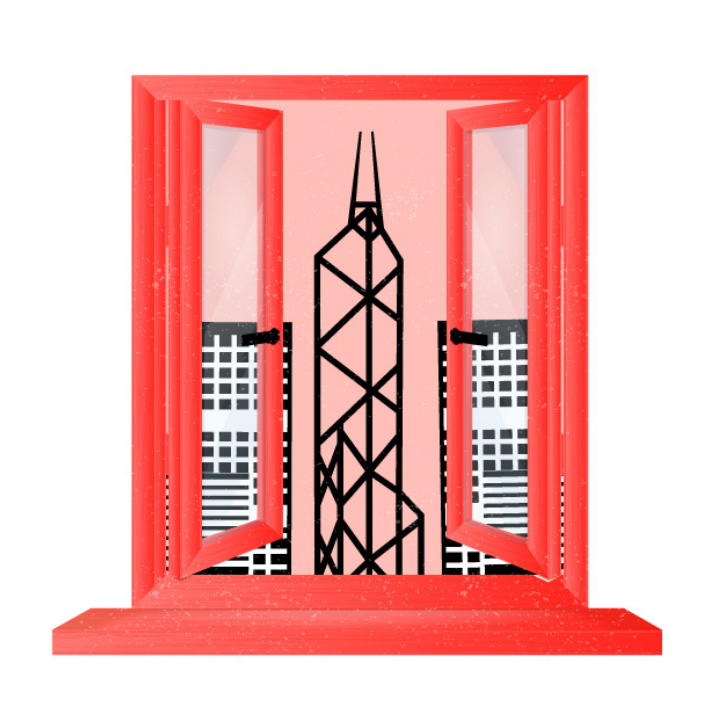
Open Your Windows At Midnight
The annual fireworks display over Victoria Harbour is one of Hong Kong’s biggest Chinese New Year traditions (our city’s way of warding off bad luck with a bang), and we always look forward to seeing how the year’s display will top the last. Carry out the custom of opening your windows at the stroke of midnight, which some households believe in doing, to usher out the old year, and welcome in the Year of the Snake.
Read More: How To Celebrate Chinese New Year 2025 In Hong Kong: CNY Events, Menus & More
Editor’s Note: “2025 Chinese New Year: A Guide To Lunar New Year Traditions & Taboos” was most recently updated in January 2025.
Main image courtesy of Getty Images.
All images courtesy of Tin Iglesias for Sassy Media Group.





 Eat & Drink
Eat & Drink



 Travel
Travel



 Style
Style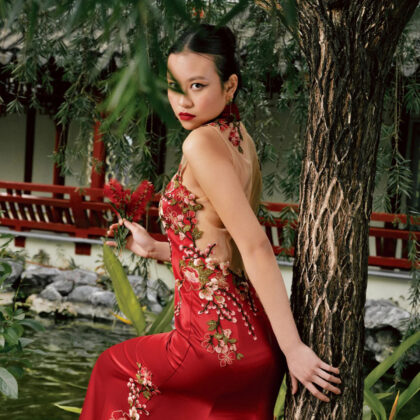

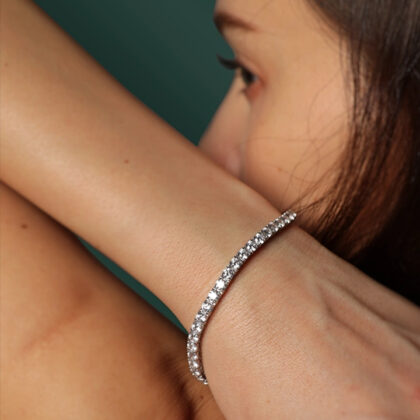
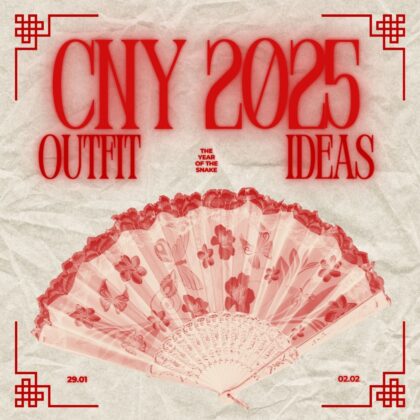
 Beauty
Beauty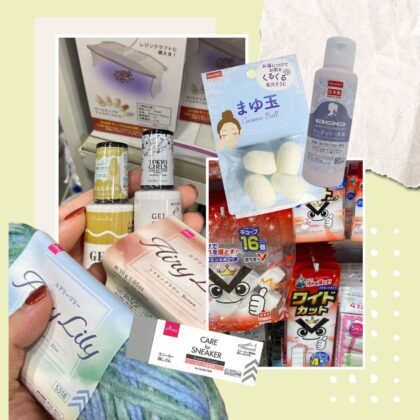


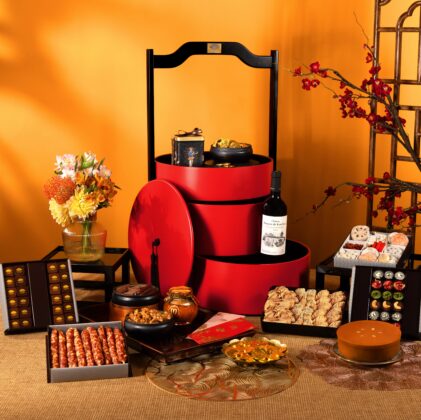
 Health & Wellness
Health & Wellness

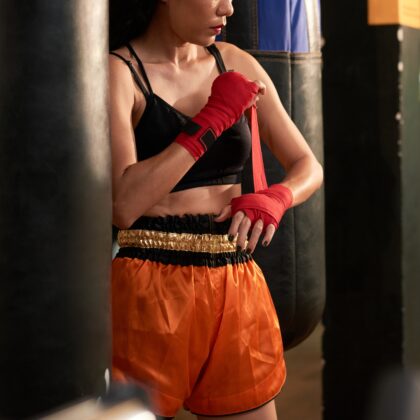

 Home & Decor
Home & Decor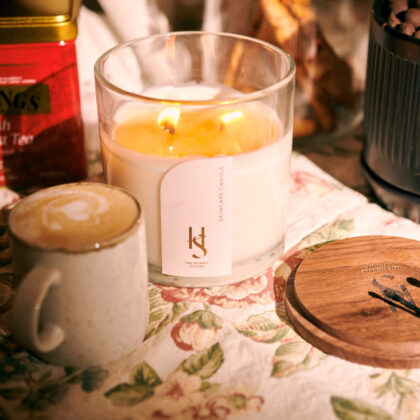
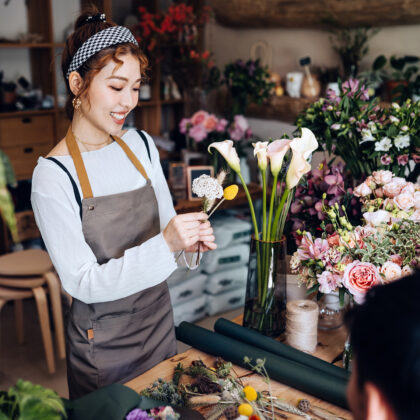
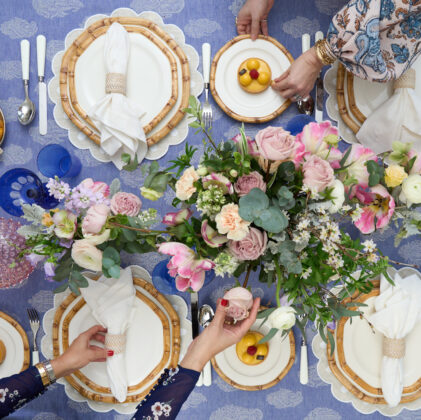

 Lifestyle
Lifestyle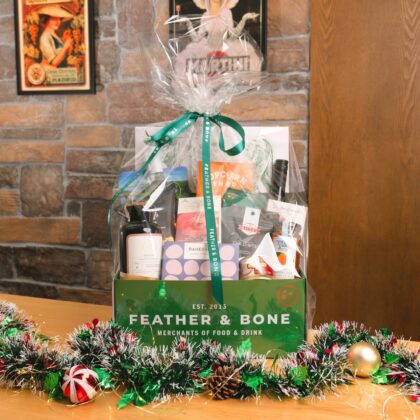


 Weddings
Weddings